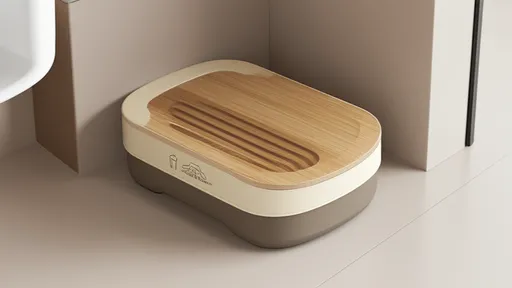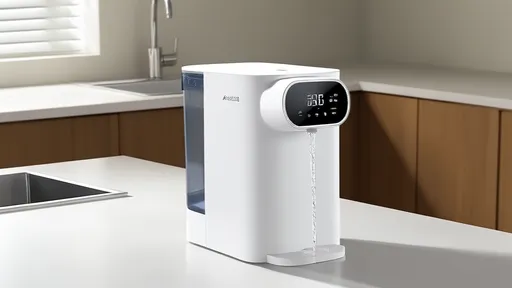For individuals living with gout, every aspect of daily life requires careful consideration—especially hydration. Water intake plays a crucial role in managing uric acid levels, and the choice of a water dispenser can significantly impact a patient’s comfort and health. While it may seem like a mundane household appliance, selecting the right water dispenser involves evaluating factors like water purity, temperature control, and ease of use to ensure it aligns with the specific needs of gout sufferers.
The Importance of Hydration in Gout Management
Gout, a form of inflammatory arthritis, is caused by the accumulation of uric acid crystals in the joints. Proper hydration helps dilute uric acid in the bloodstream, facilitating its excretion through the kidneys. Dehydration, on the other hand, can trigger painful flare-ups. This makes access to clean, readily available water a non-negotiable priority for gout patients. A well-chosen water dispenser can encourage consistent water consumption, reducing the risk of attacks.
Water Purity: A Non-Negotiable Factor
Not all water is created equal, especially for those with gout. Impurities or high mineral content in water can inadvertently affect uric acid levels. Reverse osmosis (RO) or activated carbon filtration systems are highly recommended, as they remove contaminants while retaining essential minerals. Some advanced dispensers even feature UV sterilization to eliminate bacteria, ensuring every sip supports health rather than complicating it. For gout patients, investing in a dispenser with robust filtration isn’t just about taste—it’s a preventive measure.
Temperature Matters More Than You Think
While room-temperature water is generally safe, many gout patients find cold water more refreshing, which can encourage higher intake. However, excessively cold water might not be suitable for everyone, particularly those with sensitive digestion. Dispensers offering adjustable temperature settings—from chilled to warm—provide flexibility, catering to individual preferences and seasonal needs. The ability to dispense warm water can also be beneficial for herbal teas, which some gout sufferers incorporate into their hydration routines for added anti-inflammatory benefits.
Ease of Use and Accessibility
Gout often affects mobility, particularly during flare-ups when joints are swollen and tender. A dispenser with a user-friendly design—such as a front-loading bottle or touchless operation—can make a world of difference. Patients should avoid heavy lifting or complicated mechanisms that strain affected joints. Countertop models might be preferable for those with limited bending ability, while freestanding units with wheels offer versatility for households where multiple people use the dispenser.
The Hidden Perk of Smart Features
Modern water dispensers come equipped with features that go beyond basic functionality. Smart indicators for filter replacement ensure water quality isn’t compromised, while built-in trackers can monitor daily intake—a helpful tool for patients who need to meet specific hydration goals. Though these features aren’t strictly necessary, they add a layer of convenience that can simplify gout management in the long run.
Choosing a water dispenser as a gout patient isn’t about picking the most expensive or advanced model. It’s about finding a balance between practicality, health benefits, and personal comfort. By prioritizing purity, temperature control, and accessibility, sufferers can turn a simple appliance into a powerful ally in their ongoing battle against gout.

By /Jul 28, 2025

By /Jul 28, 2025

By /Jul 28, 2025

By /Jul 28, 2025

By /Jul 28, 2025

By /Jul 28, 2025

By /Jul 28, 2025

By /Jul 28, 2025

By /Jul 28, 2025

By /Jul 28, 2025

By /Jul 28, 2025

By /Jul 28, 2025

By /Jul 28, 2025

By /Jul 28, 2025

By /Jul 28, 2025

By /Jul 28, 2025

By /Jul 28, 2025

By /Jul 28, 2025

By /Jul 28, 2025

By /Jul 28, 2025